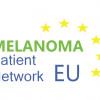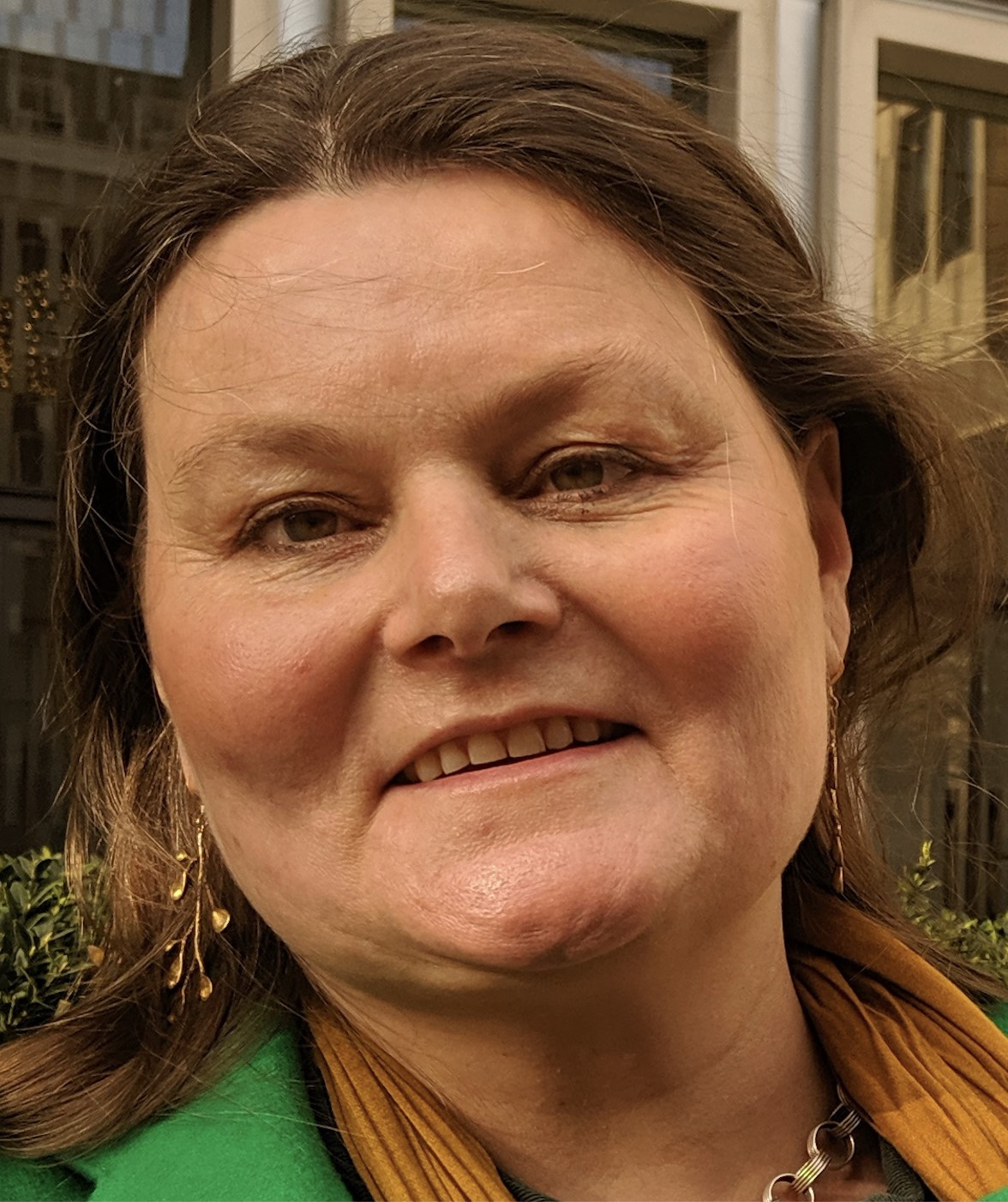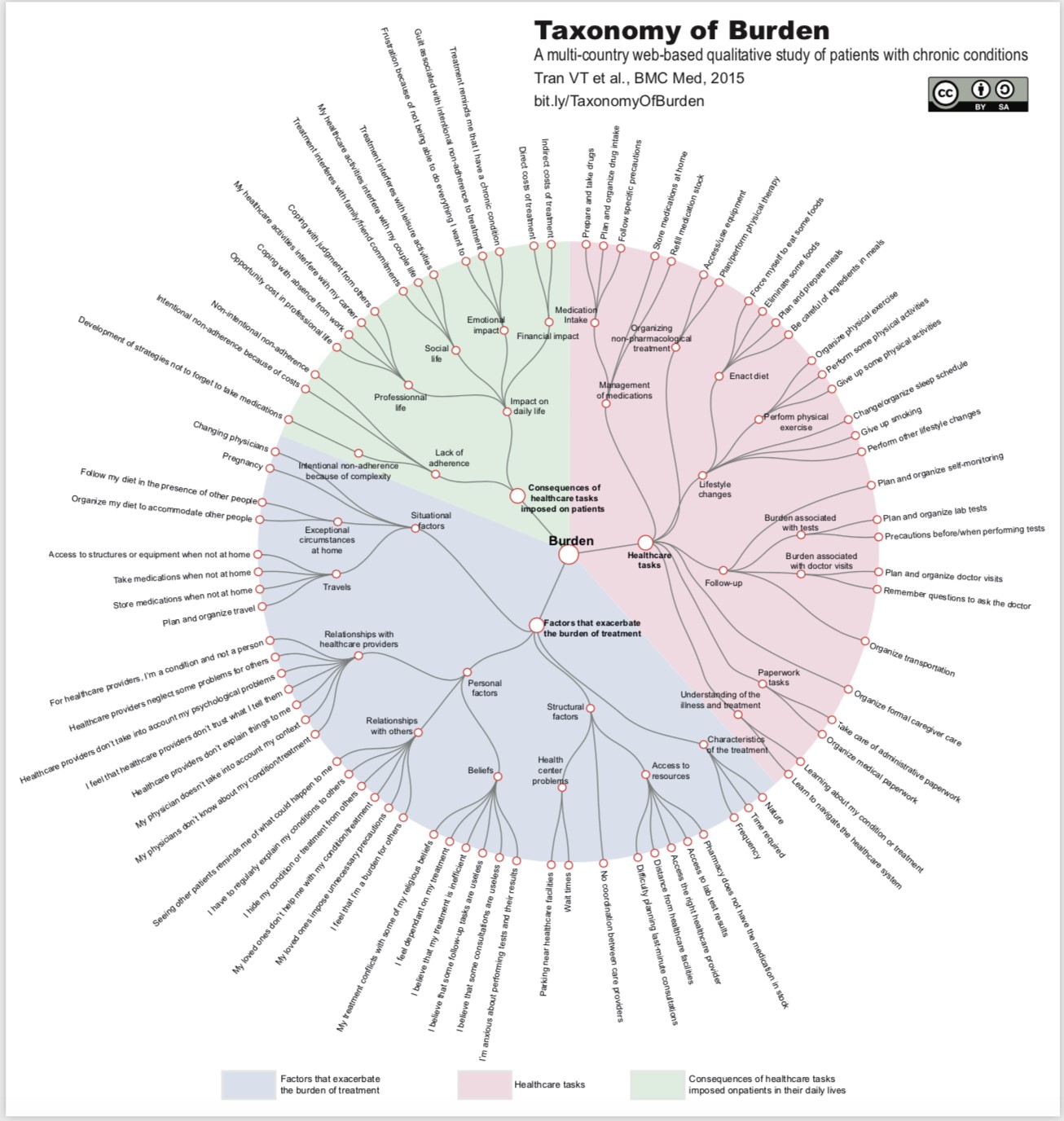
The burden of care

Gilly, thank you for taking the time for this interview. When thinking about cancer, many will think about the burden of disease- you have however argued for a long time that there is also a burden of care. How did you come to that conclusion?
Thanks for asking me to speak about a topic that I am passionate about, but which is often misunderstood and under-appreciated!
The first issue is the terminology – the “Burden of Care” is a term frequently used by healthcare workers and social scientists to describe the toll on family members who look after a patient – an important subject and one worthy of study. However, as patients and patient advocates, we refer to the Burden of Care (sometimes called the Burden of Treatment, but in my view, this is too narrow) as all the factors that impact on the life of a patient as a result of their disease diagnosis – this is MUCH greater than the clinical symptoms.
As the primary carer of a stage 4 cancer patient, I quickly realized how much more burden there was on a patient than just the physical symptoms resulting from a disease and its treatment. Initially, I began to record just the TIME that being a patient takes away from a “normal” life – in our case, we measured more than 800 hours “spent” while being treated for cancer on a clinical trial for just one year on unavoidable disease-related activities. This included travel, attending and managing appointments, tests, imaging, form-filling, administering and monitoring treatments, side effect management and monitoring and essential research and self-education. For comparison, we measured and estimated 50 hours per year for all interventions specifically on our case by healthcare professionals.
"Time is certainly not the only burden, there is also significant and constant psychological pressure from the disease and its treatment, as well as pressure from its impact on loved ones and working life"
There is huge impact/burden on relationships, on work, on finances, on future plans and on every aspect of “normal” life. We have started to work on measuring this psychological burden of cancer with our research project on Share4Rare.
What do you think needs to be done to reduce the burden of care for cancer patients?
I think that properly identifying and measuring the true Burden of Care is a good start. Only then can we start to find useful solutions that improve care pathways and improve appropriate psychological, social and financial support. We need measurement tools that are relevant to what patients themselves experience, as well as being good enough at providing concrete data that can ultimately supply effective solutions to the overall Burden of Care.
There was an interesting study where the Taxonomy of Burden was mapped across chronic diseases, which I think is a good start. This map, of course, looks different depending on the disease, stage, health system and the time since diagnosis, but there are many shared components we see across diseases.

Such mapping will need regular updating as conditions and treatment pathways adapt or develop, but I think it is something that patient groups can have a significant role in creating and validating, as well as collecting and contributing to the data that will devise and test solutions that really can reduce this Burden of Care. After all we, as patients, carers and patient advocates are the MOST interested in solutions!
Thank you for your time and we hope that your message is heard!
--> Access our research project into the burden of melanoma.
